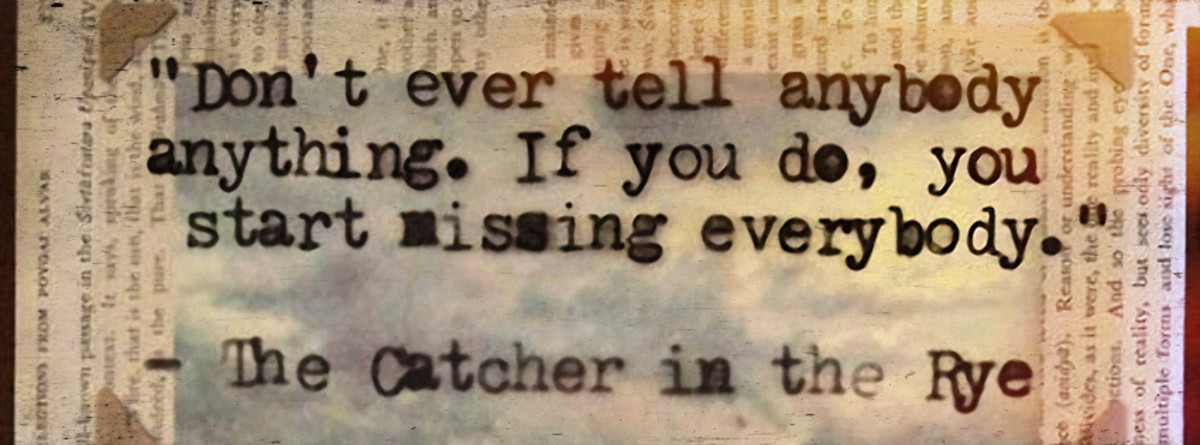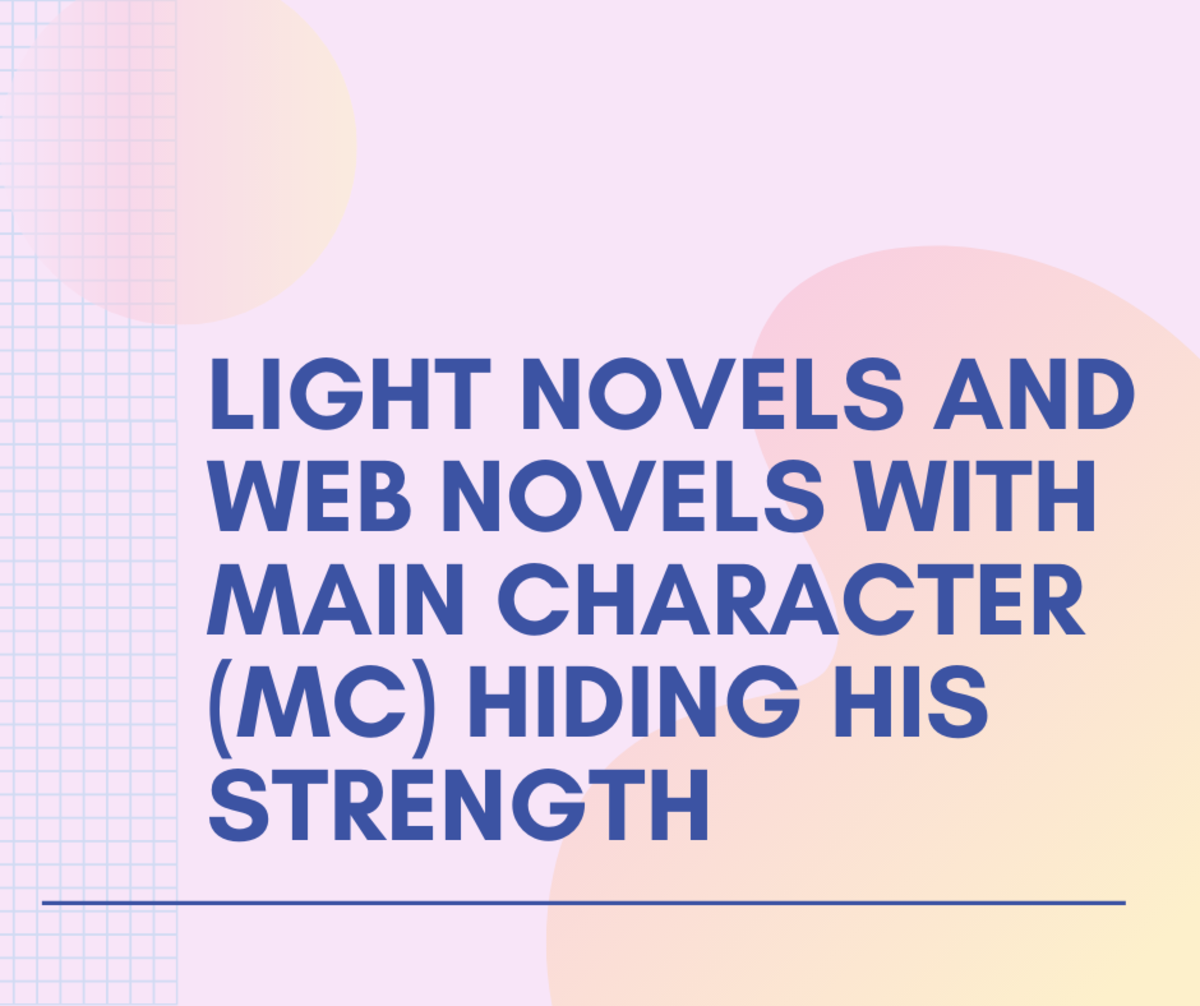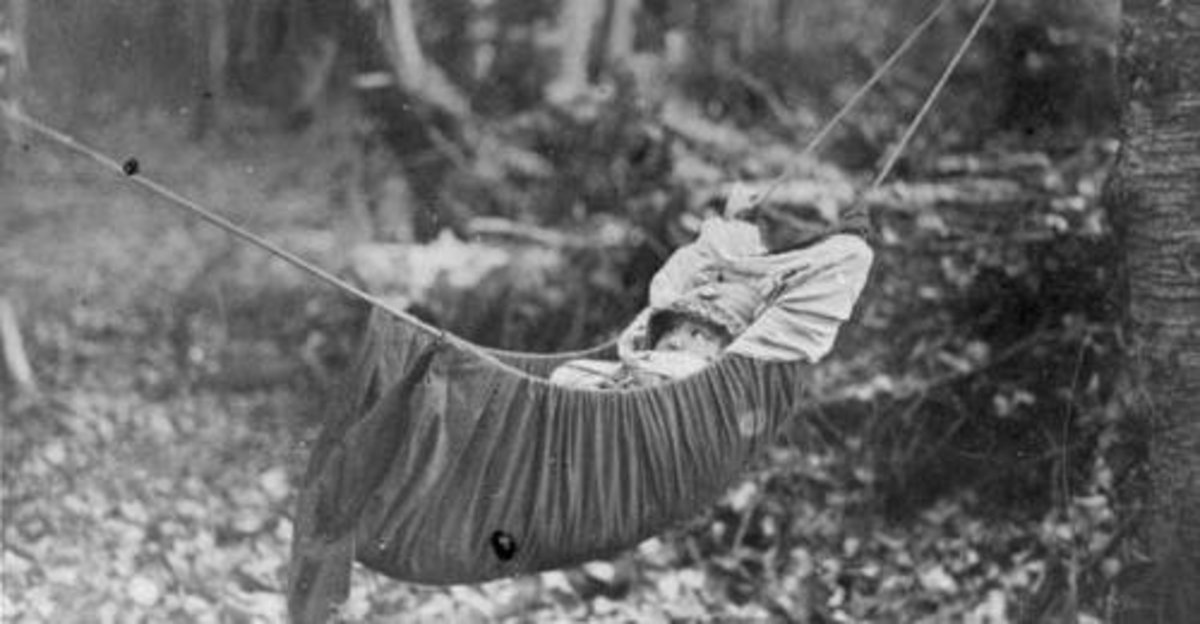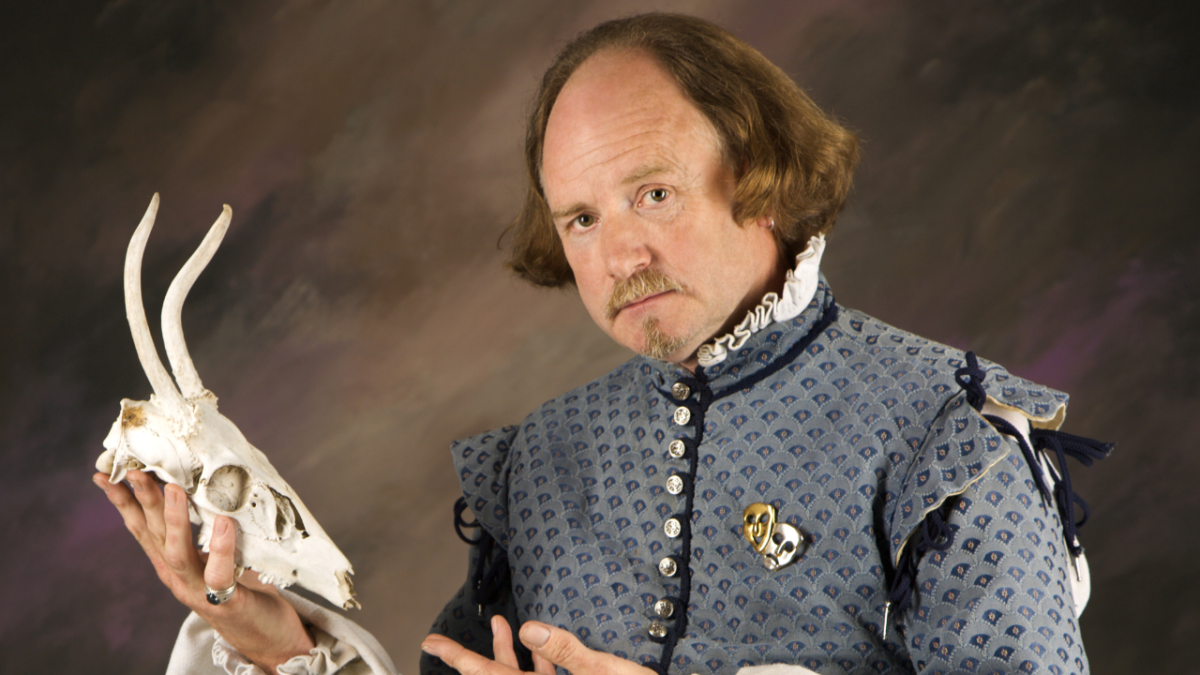Less Than Zero: A Look into the Depths of Depravity
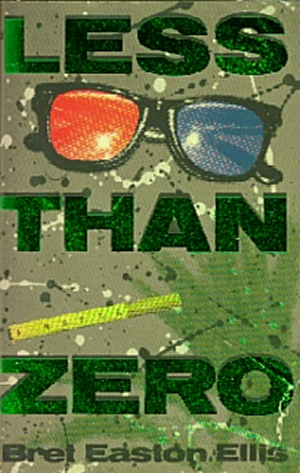
Of all of the books I have read, most of them quite recently(within the past year or so), I have found few to measure up to the profoundness I experienced when reading Bret Easton Ellis's Less Than Zero for the first time toward the end of my freshman year of college. It was cold, and there was nothing to do between classes other than sit in my car for an hour and have a meal and, of course, read. It was the first time I genuinely developed an interest in reading. I started with American Psycho, Bret Easton Ellis's third and undoubtedly most controversial and popular novel. It was deliciously great satire, with a darkly comical absurdity in its oftentimes misogynistic and gory violence drawn out by Patrick Bateman's irrelevant rants on various musicians and designer clothing. The male yuppies of 1980s Wall Street were the target of Ellis's darkest novel, and the duality of the main character--one who is supposed to be loathed and despised despite many believing that he is supposed to be rooted for-- in the society he lives in is something remarkably relatable, though exaggerated and twisted. It was this novel which made me fall in love with Ellis's writing, the straight-forward prose I needed more of, and a present-tense first person narration that put me right there in the shoes of the character as the story unfolded.
Ultimately, upon finishing this novel, I was addicted and immediately picked up Ellis's first novel at the bookstore, Less Than Zero. As I read it, through the apathy and cold cynicism of the main character Clay, all of his moral ambiguity, I found a sadly relatable and empathetic character. As unlikable and emotionless as he was, I saw myself in him, in his detachment from the horrific and immoral world he lived in. And in the end this novel proved to me that novels can be cool, not cheesy or fantastical, but gritty and real and unsympathetic to their own nature. Because of this novel, a passion for writing grew and I began on my own first novel.
With Imperial Bedrooms having hit bookshelves this week, the sequel and answer to the questions many of us have been left with at the end of the first novel, I feel I have every right to give my opinions of his earliest work.
In 1983 Bret Easton Ellis is a college student, nineteen and living in Sherman Oaks, California, with his father, mother, and two sisters. He is taking a novel writing course at Bennington College in Vermont. His teacher, Joe McGinniss takes an interest in his voice, one of laconic vacuousness. Bret is recommended to his teacher's agent, who encourages him to write a novel out of what was originally an in-class assignment and he writes it in eight weeks while, according to him in a 1991 Rolling Stone article, on a crystal meth binge. After editing and revision it becomes Less Than Zero , titled after an Elvis Costello song and two years later in 1985, when Bret is only twenty-one, his work hits bookshelves across America and within weeks rises to the New York Times Bestseller list.
The novel itself, in an unjust summary, is about a group of disaffected, disillusioned and coke-filled teenagers living in Los Angeles in the mid/early eighties. It's a time of MTV, punk and pop music, and cocaine mania as well as materialism. Clay is the eighteen-year-old protagonist, the narrator, and it starts when he comes home to L.A. from Camden College in New Hampshire, a college very obviously based on Bennington. The first words in the novel, ones of significance replayed throughout the narrative at certain moments, are: “People are afraid to merge on freeways in Los Angeles.” He replays this sentence, said by his girlfriend Blair on the drive from the airport, over and over and it plays a significant part in the meaning of the story.
Throughout the novel Clay encounters promiscuous teenagers he's known since high school, most of whom are shallow and concerned only with tanning and who's going to bed with who as well as getting high. Clay himself is no better, snorting coke almost constantly to the point where his nose is bleeding frequently, and he has no qualms about sleeping with men and women while with Blair. Blair is no angel herself, being equally skimpy and immoral.
Clay, though morally battered and emotionally vapid, still contains a conscience and this is evident throughout many shocking and desperate scenes which take place around other peers and drug dealers alike. Without giving away too much, a snuff film is watched, prostitution is witnessed, and an underage rape is seen. All of which are moments where true immorality and internal conflicts are revealed by Clay and the other characters through their actions and dialogue.
What I love most about this novel is its tone. Clay's voice is flat, and in a way distant from what is happening. At times he almost feels invisible, like a ghost in the room as he listens to other characters talk and do things while he remains quiet and reserved, sunglasses on much of the time. He often goes into flashbacks to his adolescent years in which he lost innocence through various instances in his life, going into morbid magazine articles he read about or terrifying things he saw in L.A. growing up. And all through this he retains a constant monotony, an empty apathy about it all, but he knows it's wrong deep down. The events which take place in the novel are for the most part very chill, casual, and as you read you can almost get a sense of being entranced by the lifestyle Clay leads.
The third main character, Julian, Clay's childhood friend, is revealed to be a male prostitute and heroin dealer/addict. Despite this knowledge, Clay does nothing to help him, but he doesn't particularly accept it, either. He isn't seen much in the novel despite his important presence and symbolic purpose later in the novel.
Unlike the 1987 movie starring Andrew McCarthy, Robert Downey Jr. and Jami Gertz, the novel is not a morality tale, but rather an immorality tale, passively displaying the plain indifference of the world Clay lives in. While the movie was an endorser for the Nancy Reagan anti-drug campaign, the novel was a cold, harsh look at the life Gen Xers lead in L.A. at the time, with not one adult lending sympathy to them and neither did they themselves. The book is more a curse to that world Ellis grew up in, with ignorant parents and inactive kids having to live through it.
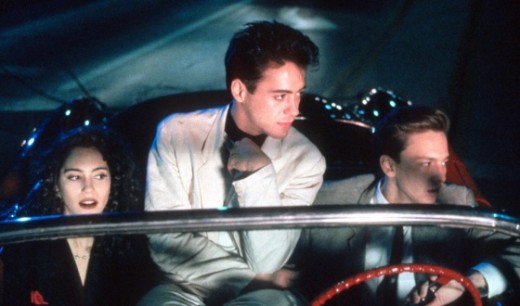
In many ways, I feel my generation isn't much different from that described in this novel. Like Clay, I often feel apathy consume me, a feeling of being trapped where I am taking over a lot of the time, and I witness immorality of the bored youth tear them apart. I watch them rebel and become desensitized while I am the same way, but like Clay I let my conscience take over in the end.
Many instances in the novel describe the world of L.A. and how the teenagers are lost, one of which being presented by a billboard Clay sees and remembers which states: “Disappear Here”, a reminder that L.A. is a city where everyone can lose their identity and give way to the media's idealism, becoming facades of who they once were while losing morality in the process. Clay also hears his sisters discussing a guy they have a mild crush on and one of them says, “I wonder if he's for sale,” which becomes a reference to the fact that many of the people in the city become prostitutes of some kind like Julian, whether literally or metaphorically, selling their souls and selves for fame or money.
A lot of readers feel the end of the novel (Don't worry, won't give anything away) is uplifting, while I argue that it is indeed pessimistic due to everything that had occurred beforehand. All I can say is that, like nearly all of Ellis's novels, I was left with hopeless despair upon setting it down. But we need that sometimes, to be told that the world is far from good and that society is always problematic, that from time to time we need to, in the ways of Charles Bukowski, throw out the Mickey Mouse from our heads and look into the dark pits of the reality we are forced to deal with, to live in.
Bret Easton Ellis is a hard man to get for a lot of people, with many believing that rather than being a moralist, he is exactly what his characters are, amoral, cold monsters, but I see him for what he really is. He is, like the late, great Dr. Hunter S. Thompson, a moralist disguised as an immoralist, describing what's wrong with our country and the world in general through the eyes and in the minds of the very people he is attacking. With characters like Patrick Bateman, he embodies everything he sees wrong with the society in a single figure, and begs the audience to hate and yet sympathize for these by simply displaying their natural behaviors. It is this that makes me find solace in Ellis's writing and love his prose so much. We all have a Clay or even a Patrick Bateman within us, and Ellis drags it out for it to let out an unadulterated scream. The problem is, many people wrongfully believe Bret is all of the monsters he writes about. At the same time, it gives me comfort in knowing I am understanding enough to see through the mask he writes through, and to the core messages of what he writes about, whether or not it's unwittingly, as Ellis doesn't always seem to view his work as attacks on his generation per say, as much as they are reflections of his life at the time in a fictional context. And it's this first novel of his, the one that speaks for a generation very close to mine, that speaks to the monster and yet the humanity within me and the society I endure.


